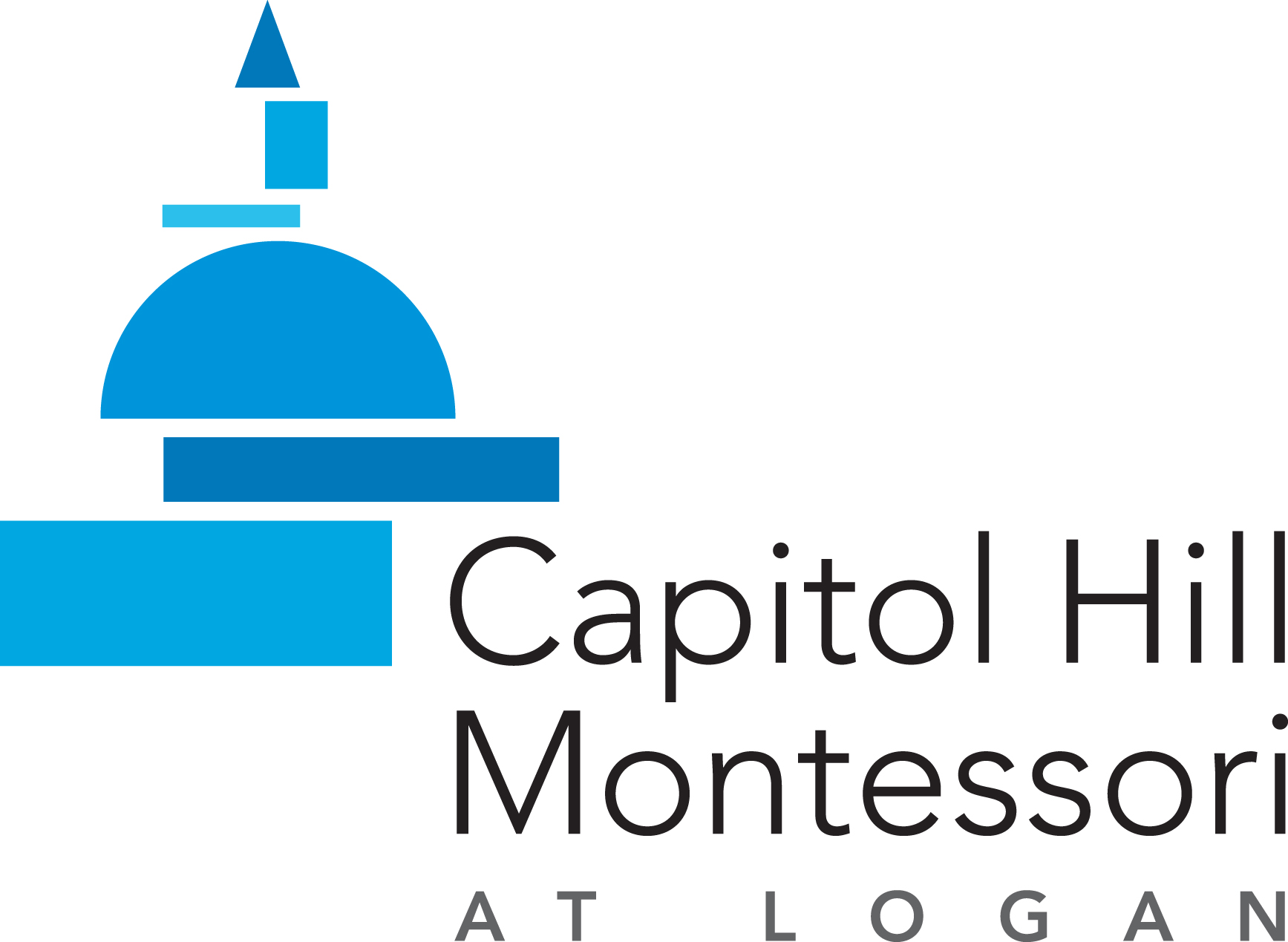Capitol Hill Montessori is the first and only dedicated Montessori school within DC Public Schools. We apply the philosophy of education and teaching method founded in 1907 by Dr. Maria Montessori, the first woman in Italy to become a physician. Through deep study, observation, and training of what is developmentally appropriate, Dr. Montessori found that the child thrived when given materials and lessons purposed for independence, concentration, creativity, self-discovery, and critical thinking.
The Montessori Approach
Montessori focuses on teaching for understanding. Unlike other approaches, Montessori is based on the foundation that students learn not through rote memorization but by gaining a deep understanding of concepts over time. Through the use of specialized Montessori materials, children first engage in a sensorial experience that becomes the basis of an identified concept in a later lesson. Thoroughly grounded in this sensorial experience, students have a deeper understanding as they transition up to increasingly abstract understandings. For example, the child in Primary level works at putting together the multi-colored pieces of a cube and uses that experience later, at the Elementary level, to understand that the faces of the cube are a physical representation of squaring. Even later, the child uses the initial experience to understand that the pieces correspond to the elements of the algebraic binomial formula.
In the Montessori approach, the teacher, the child, and the environment form a learning triangle. The student may be exploring using Montessori materials as the teacher guides and observes making notations about the child’s progress. Students benefit as they are supported in becoming active seekers of knowledge and lifetime learners.
—
A Montessori environment is based on learners engaging in real-world experiences and having interactions that lead them to understanding abstract concepts and to working with and socializing with people of all ages and dispositions. In this environment, the child has the freedom and time to discover and learn. Montessori is grounded in teaching strong academics combined with essential skills such as collaboration, communication, creativity and critical thinking. Most importantly, it is an ideal continuum. Concepts spiral up from the Primary to the Elementary and then to the Middle Grades level so that children build upon what they have learned. This approach encourages the children to freely explore and to connect with the world around them.
In Montessori environments, children learn in multi-age classrooms at their individual pace without rigid expectations and without limits to their progress. To build a caring environment, the Montessori method includes grace and courtesy lessons. Children practice and model respect, social graces, and social skills both in and out of the classroom. The learning environment includes an abundance of Montessori materials. They are specialized to support the curriculum and Montessori method lessons centering on practical life, sensorial experiences, language, math, geography, history, science, art, music, and drama. These classroom learning materials help children understand concepts. Each learning experience is used as a building block for future lessons and understanding.
